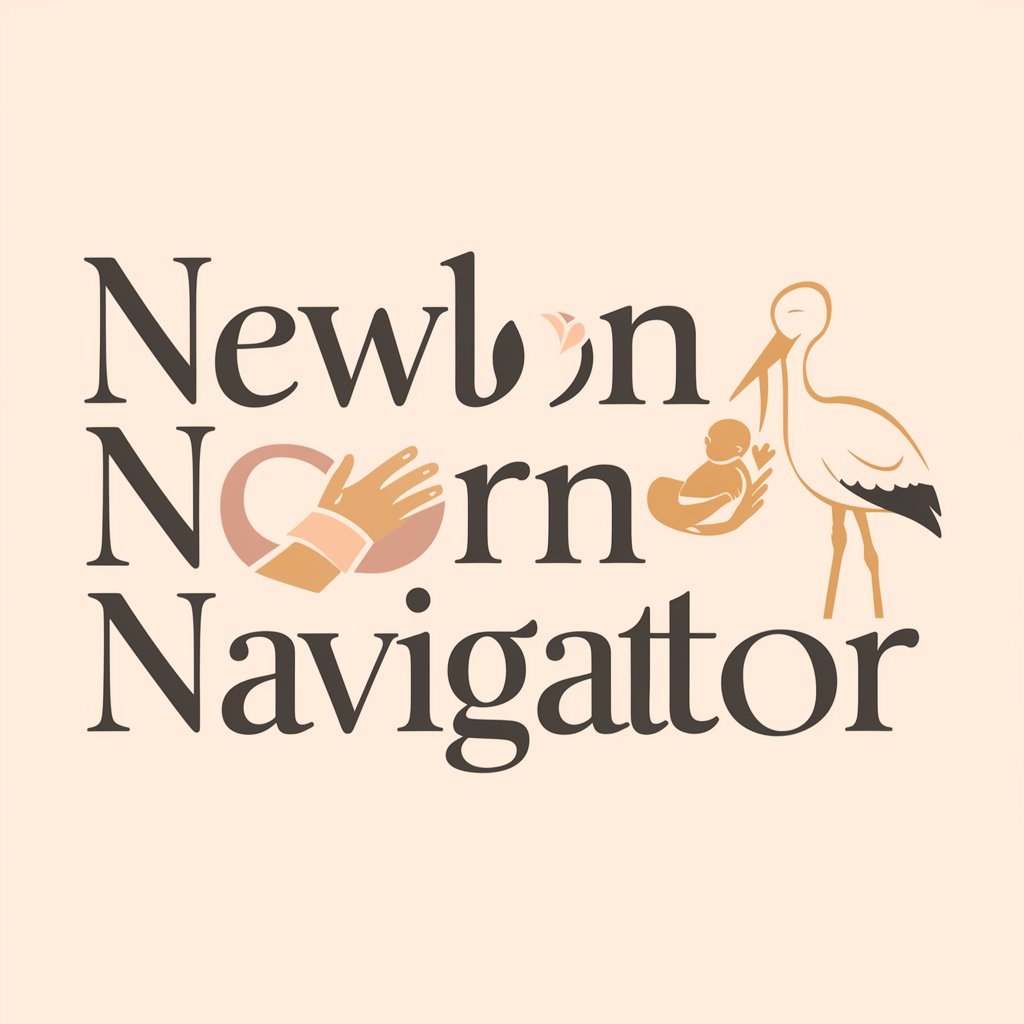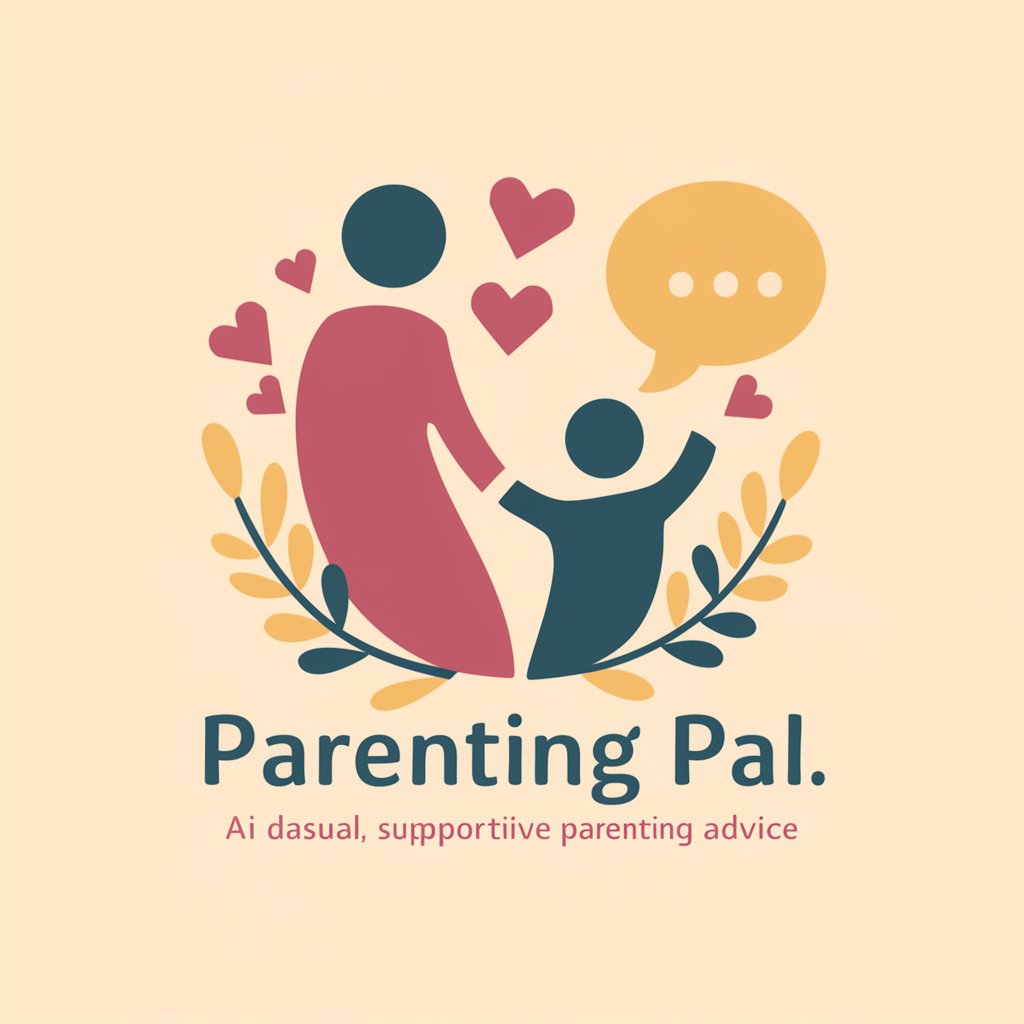Parental Rights - Guide to Parental Rights
Welcome! How can I assist you with parental rights and responsibilities today?
Empowering Parents with AI-driven Insights
What are parental rights?
How do custody laws work?
Explain adoption rights in California.
What are my responsibilities as a guardian?
Get Embed Code
Overview of Parental Rights GPT
Parental Rights GPT is designed as a specialized information and guidance tool focusing on the complex landscape of parental rights, responsibilities, and legal frameworks. Its primary purpose is to offer users factual, well-researched information that helps clarify and explain the various laws, rights, and obligations parents may face across different jurisdictions. By distilling complex legal concepts into understandable terms, it aims to empower parents, legal guardians, and those interested in family law with the knowledge needed to navigate their legal responsibilities and rights effectively. For instance, it can elucidate the intricacies of child custody laws, explain parental responsibilities in educational decisions, or provide insight into international laws affecting parental rights, such as the Hague Convention on the Civil Aspects of International Child Abduction. Powered by ChatGPT-4o。

Key Functions and Use Cases of Parental Rights GPT
Clarification of Legal Rights and Responsibilities
Example
Explaining the legal distinctions between different types of custody arrangements (sole, joint, legal, physical) and the implications these have on decision-making and living arrangements.
Scenario
A user considering divorce seeks to understand how custody decisions might be made and what factors courts consider in determining the best interest of the child.
Guidance on Educational and Medical Decisions
Example
Detailing parents' rights to access their children's educational records, make decisions regarding their schooling, and consent to or refuse certain medical treatments.
Scenario
A parent is unsure about their rights regarding their child's education following a separation and needs information on how to proceed in making decisions or accessing records.
Information on International Parental Rights
Example
Providing insights into how international laws, like the Hague Convention, affect parental rights and child abduction cases.
Scenario
A parent whose child has been wrongfully taken across international borders seeks to understand their legal remedies under the Hague Convention.
Target User Groups for Parental Rights GPT
Parents and Legal Guardians
Individuals with direct caregiving responsibilities seeking to understand and navigate the legal landscape of parental rights and obligations, whether facing specific legal challenges or planning for the future.
Legal Professionals and Students
Lawyers, paralegals, and students who specialize in or are studying family law and wish to access detailed, factual information on parental rights across various jurisdictions for professional development or case research.
Educators and Healthcare Providers
Professionals who interact with children and their parents or guardians in roles that require a nuanced understanding of legal rights and responsibilities, including issues of consent, access to information, and safeguarding children's welfare.

Utilizing Parental Rights: A Guided Approach
Initiate Access
Start by visiting yeschat.ai to explore Parental Rights without the need to sign up or subscribe to ChatGPT Plus.
Identify Your Needs
Determine the specific parental rights information you're seeking, such as custody laws, educational rights, or healthcare consent.
Navigate the Tool
Use the provided categories or search feature to find relevant information or ask specific questions regarding your parental rights situation.
Apply Information
Apply the insights and information obtained to your personal situation, keeping in mind the jurisdictional variations in parental rights laws.
Seek Professional Advice
For complex issues or legal proceedings, consider consulting a legal professional specialized in family law for personalized advice.
Try other advanced and practical GPTs
Child Custody
Empowering Custody Decisions with AI

Child Visitation
Navigating Child Visitation with AI

Kid Nurturer
Empowering Parents with AI

Newborn Navigator
Empathetic AI for Parenting Insights

Parenting Pal
Empowering Parents with AI Insights

Parenting Pal
Empowering Parents with AI-Powered Guidance

Picnic
Craft your perfect picnic with AI

! Family Fun Planner !
Crafting memorable family moments with AI.

Dr. Kinder
Empowering caregivers with AI-driven child psychology insights.

Child Literacy Booster
Empowering young readers with AI

Family Boxset
Building Bridges with Bricks

Ancestry Explorer
Uncover your heritage with AI-powered exploration.

Frequently Asked Questions About Parental Rights
What are parental rights?
Parental rights refer to the legal authority parents have over the welfare and decision-making for their children. This includes matters related to education, health care, and legal decisions until the child reaches adulthood.
How can I learn about my parental rights after a divorce?
You can use Parental Rights to explore specific laws and guidelines related to custody, visitation, and support obligations post-divorce, ensuring you understand how to navigate these changes effectively.
Are there resources for understanding international parental rights?
Yes, Parental Rights provides information on a variety of jurisdictions, including international laws and treaties that may affect cross-border custody, abduction prevention, and child support.
Can Parental Rights help me with adoption processes?
Absolutely. The tool offers guidance on the legal aspects of adoption, including parental obligations, rights transfer, and the process of legally becoming a child's parent in different jurisdictions.
How does Parental Rights address child protection laws?
Parental Rights includes comprehensive information on child protection laws, detailing parental responsibilities, reporting mechanisms for abuse, and guidelines on ensuring a child's safety and well-being.
